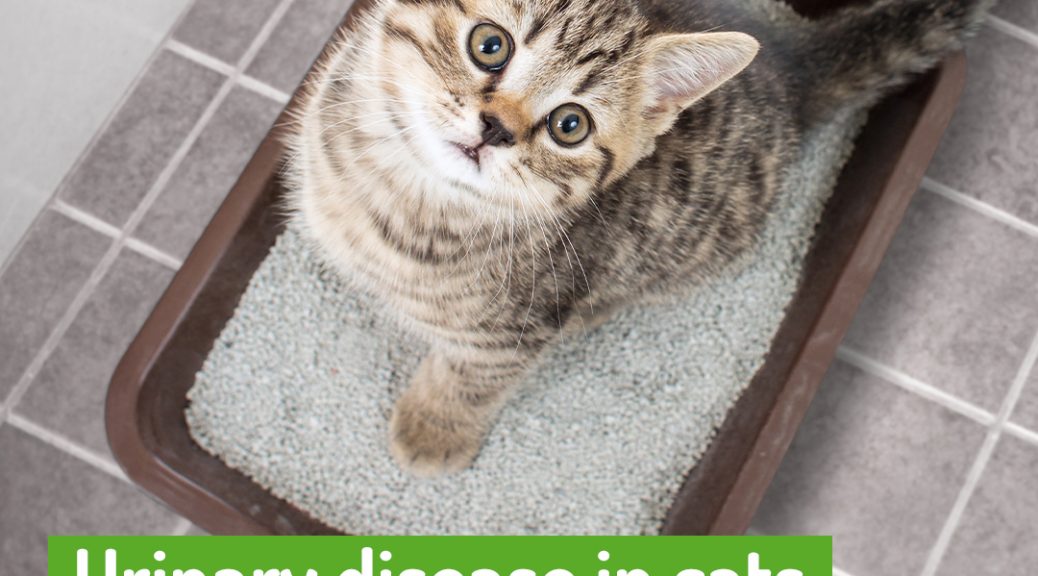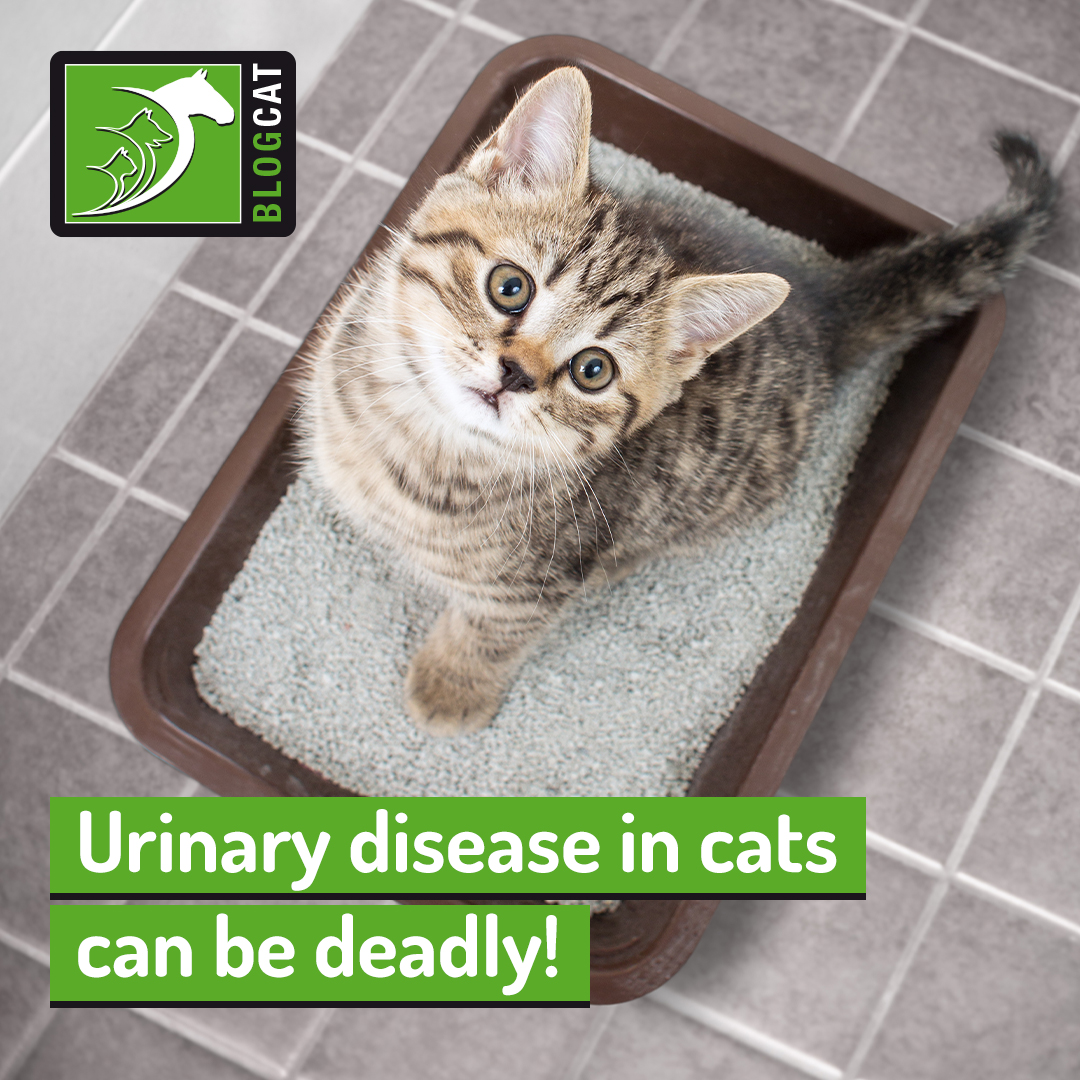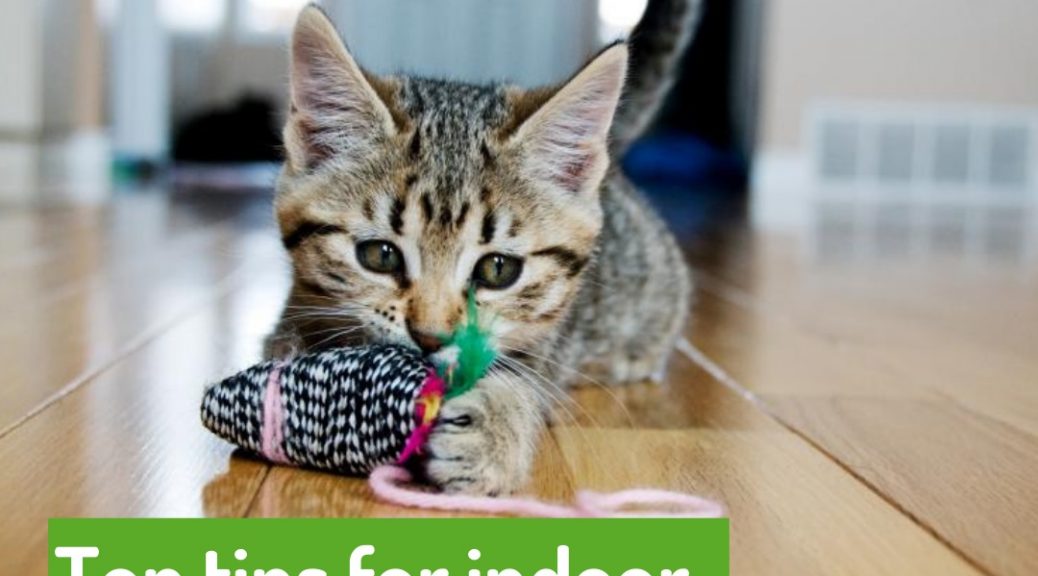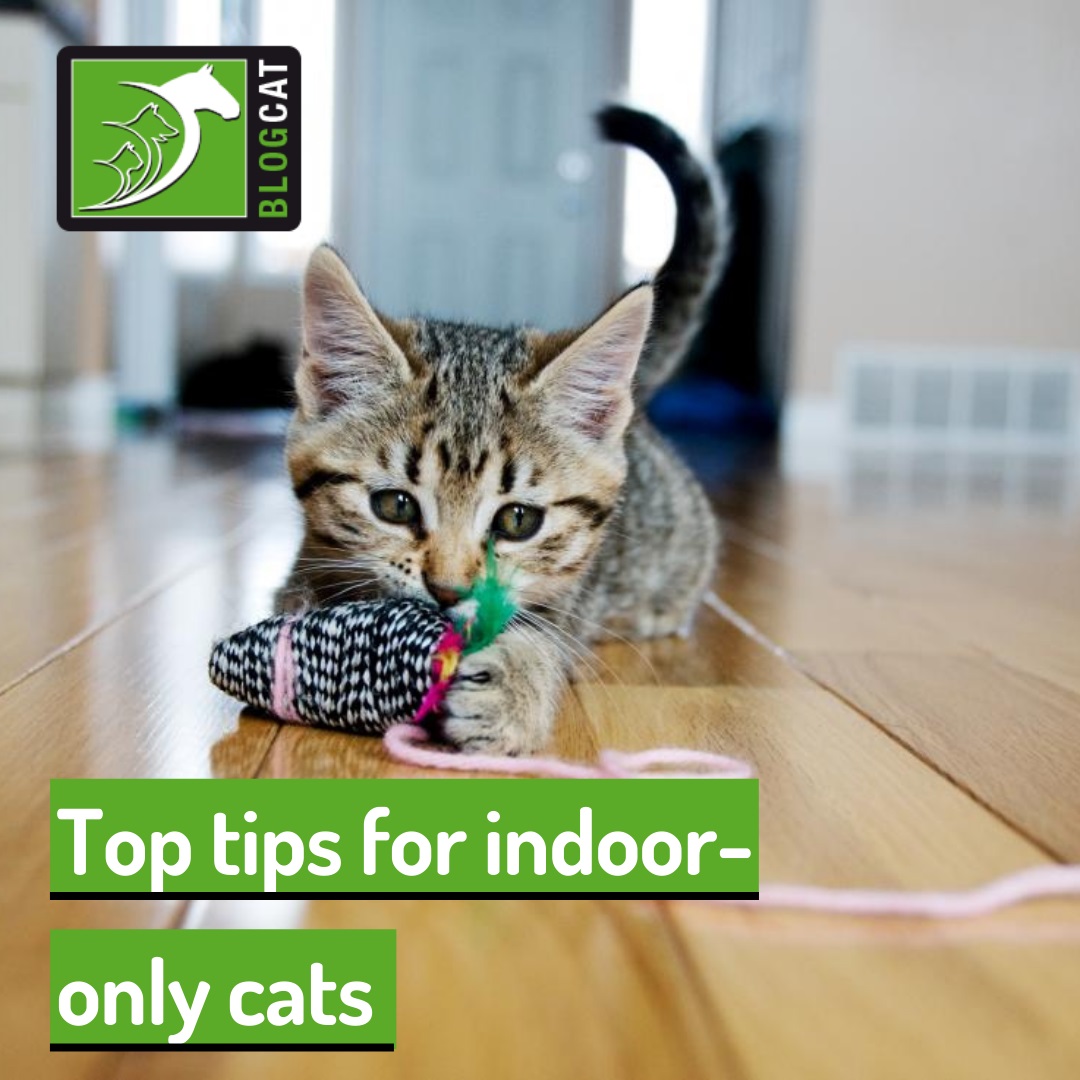Do you know about Feline Lower Urinary Tract Disease? Also called FLUTD for short, this set of conditions is a common challenge for cat owners, and many of us have had direct experience with the problem.
The most important thing about FLUTD is that you should never ignore signs of urinary distress in your pets! What might seem like a simple problem that will go away on its own can become severe or even deadly if it compromises the bladder or the kidneys.
Read on to discover more about the importance of this syndrome and how to best help your cats in a time of need.
What is FLUTD?
FLUTD is not a singular disease, instead it’s a set of conditions that affect the lower urinary tract which is made up of the bladder and urethra.
It can be caused by many diseases such as infections in the bladder, bladder stones, obstructions in the urethra, cancer in the structures of the lower urinary tract or even stress.
While treatment is usually directed at resolving the underlying condition that is causing it, FLUTD can also have no apparent cause, and we call this idiopathic cystitis.
Regardless of the cause, it’s vital to know how to identify if there is an issue with your cat’s urinary system. You might see:
- Your pet having difficulty urinating as this is usually a very painful condition;
- Increased frequency of the trips to the litter tray due to an irritated bladder or issues with passing urine;
- Changes in behaviour like unusual aggression, house soiling and too frequent grooming of the abdomen or the area surrounding the urethra that might result in hair loss or skin inflammation.
If this problem progresses to a complete incapacity to urinate, this is a medical emergency, and you should contact your vet immediately!
How can I prevent FLUTD?
FLUTD can be a recurring problem for many cats which means it’s likely that they will suffer from more than one episode.
Managing and preventing FLUTD will depend on the underlying cause, so it’s vital for your vet to thoroughly investigate what might be wrong with your cat and to diagnose exactly what is causing the lower urinary problem.
Your vet will then prescribe the specific treatment for the cause of your cat’s episode. This might include pain medication, antibiotics or even surgery to resolve a urethral obstruction and avoid severe kidney damage.
They are also likely to recommend dietary and home changes such as switching to wet food to encourage more water intake or ensuring that there are enough litter trays for all cats in your household to not compete over this resource.
As we’ve mentioned, idiopathic cystitis is a common trigger for FLUTD, and it has no obvious cause. It has been linked to stress, and conflicts with another pet or having little environmental enrichment.
What long-term management will look like for your cats can be pretty variable, and we know this can seem daunting, but your vet will be able to explain why these actions may be necessary.
Don’t hesitate to contact your vet if you’re struggling or if you are concerned that your cat might be suffering from urinary distress.
Would you like to know more about cats? Check our Feline Courses:
Feline courses



